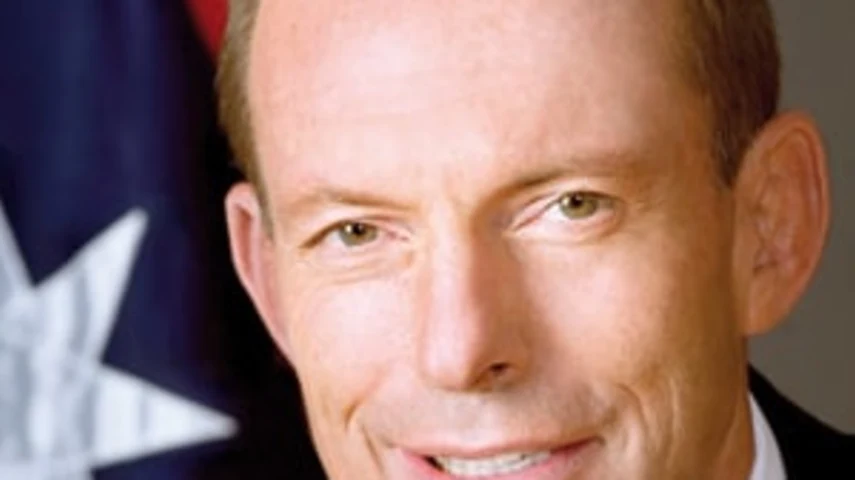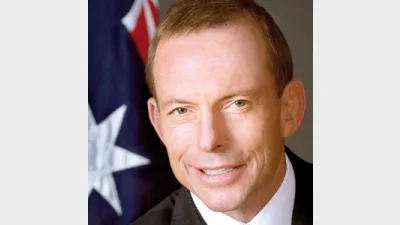Industry bodies demand Coalition commitment to super hike



Industry bodies have hit back at the Coalition's plan to delay the 9-12 per cent super guarantee hike to 2021-22 rather than reaching target in 2019-20, as outlined by Opposition leader Tony Abbott in his Budget reply.
The Financial Services Council chief executive, John Brogden, said the announcement was a bitter disappointment.
"This short-term decision to defer 12 per cent superannuation will reduce retirement savings by $46 billion over the next 10 years," he said.
"It will also push the increased cost of an ageing population onto future generations."
He said the Coalition had reneged on its promise to make no adverse changes to super and cited super's benefits to the economy including growth, lower unemployment, increased labour productivity and business profitability.
Australian Institute of Superannuation Trustees (AIST) chief executive Tom Garcia said the increase had widespread public support. He questioned what could be more adverse to the super system than delaying the increase.
"We are very concerned that this announcement by the Coalition could be the thin end of the wedge — it brings into question their commitment to compulsory superannuation," Garcia said.
AIST said scrapping the Low Income Superannuation Contribution (LISC) scheme would leave tax inequities in the system.
"Previously, low income earners were paying more tax on their super than their take-home pay," he said.
"There can be no argument that the LISC scheme isn't sound policy that deserves to remain in place."
The Industry Super Network said delaying the increase could result in a cumulative impact of $45 billion less in super savings in the system over the next seven years. That figure increased to $55 billion when removal of the LISC scheme was factored in, it said.
"There are also long-term impacts on aged pension outlays — which taxpayers will have to pick up," ISN chief executive David Whiteley said.
"It is estimated that within 20 years, people will need to support themselves for an average of 30 years in retirement."
Deloitte National Superannuation leader Russell Mason said research pointed to looming longevity issues which required increasing the superannuation guarantee as soon as possible.
"We understand that the Coalition is proposing to help alleviate the deficit by allowing fewer tax concessions, and it will save the Government $1.1 billion in 2016-17 and $2.5 billion over the forward estimates, but in the longer term it is in the national interest to reach the 12 per cent superannuation guarantee as soon as possible," he said.
Recommended for you
Australia’s superannuation funds are becoming a defining force in shaping the nation’s capital markets, with the corporate watchdog warning that trustees now hold systemic importance on par with banks.
Payday super has passed Parliament, marking a major shift to combat unpaid entitlements and strengthen retirement outcomes for millions of workers.
The central bank has announced the official cash rate decision for its November monetary policy meeting.
Australia’s maturing superannuation system delivers higher balances, fewer duplicate accounts and growing female asset share, but gaps and adequacy challenges remain.










